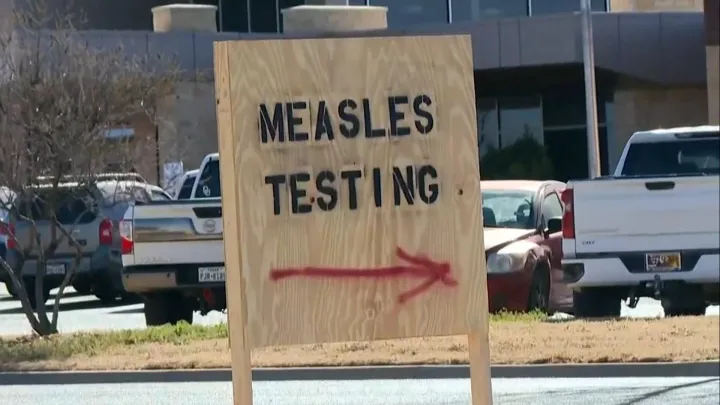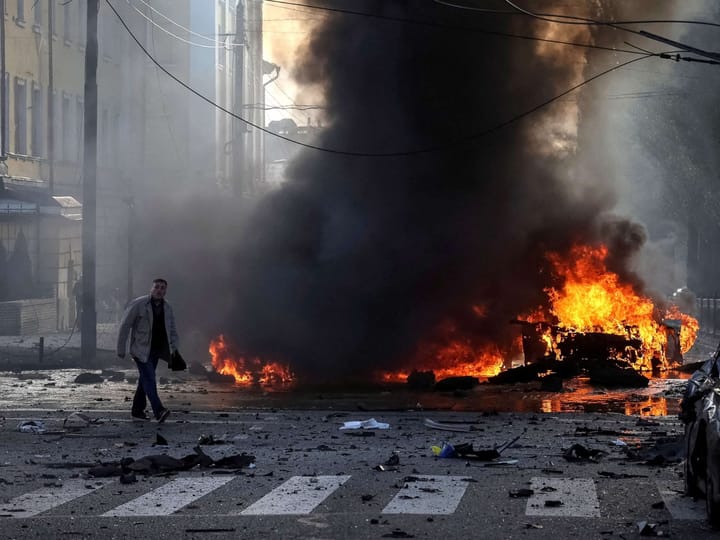Why the most adaptive ideology of the 21st century builds nothing and changes nothing.
Your voice matters.
At least, that's what they tell you: "Participation in democratic institutions is the cornerstone of civilization."
So you show up. You do your part—dutifully, repeatedly, sometimes even enthusiastically.
And nothing much changes.
Wages stagnate. Housing costs explode. Healthcare is a Kafkaesque labyrinth. Your elected representatives seem more interested in donor dinners than constituent concerns. There are potholes in the streets, cracks in the pavements, and the subway is falling apart.
Eventually, you stop imagining better. You stop voting, stop protesting, stop believing. You develop the most adaptive ideology of the 21st century: cynicism.
Apathy is a form of passivity; cynicism is active disbelief. It’s the total withdrawal that follows too many rounds of watching the house win. It’s a cost-benefit calculation, run simultaneously by millions of people who no longer trust in the idea of trust itself.
Cynicism is not a pathology, or a character flaw. It’s an entirely rational response to a political economy that has stopped delivering meaningful returns.
The (Diminishing) Marginal Utility of Belief
A basic economic principle: when marginal costs exceed marginal benefits, people exit the system. Belief - like capital - is finite. If you invest it in a system that offers no yield, you begin to conserve it. What looks like disaffection is actually efficiency. What looks like nihilism is risk management.
In post-industrial democracies, faith in governance peaked in the mid-20th century. In the U.S., for example, trust in government reached 77% during the early 1960s. By 2023, it was hovering around 20%. The trust line dropped because people watched institutions fumble the AIDS crisis, lie about WMDs, deregulate Wall Street into the 2008 crash, bungle the COVID response, and greenlight tech monopolies with all the foresight of a toddler playing Jenga.
Each scandal, each exposed hypocrisy, is a data point. People remember. They don’t read white papers or audit legislative records (most folks are too busy trying to survive) but they see patterns. They see that bad actors rarely face consequences. That transparency reports are often PR. That accountability mechanisms are too slow, too weak, too optional.
So they downgrade their expectations. They move from hope to hedging.
Institutional Erosion as Market Failure
We should talk about governance the way economists talk about markets. A functioning government - like a functioning market - relies on trust, participation, and enforcement. When these break down, you get institutional failure, which looks suspiciously like market failure. Except it affects everything.
The state, after all, has monopoly rights both on force and on narrative. If it fails to deliver the goods - justice, prosperity, infrastructure, equity - then alternative explanations proliferate. That’s how you get conspiracism, political accelerationism, and social media-driven hyperbole: not because people are irrational, because the official story has lost its plausibility.
Some institutions do still work. The fire department will show up. The post office will deliver. But when macro-level governance looks rigged, small successes don't move the needle. The legitimacy crisis doesn’t erupt from a single failure. It accumulates through layers of minor betrayals, each one too small to riot over - and at the same time, too corrosive to ignore.
When Optimism Is a Bad Investment
Political optimism demands a return on attention. But the modern attention economy strips that attention for parts. There are no incentives for deep engagement, no rewards for sustained trust. If a politician speaks honestly, it’s a gaffe. If a voter changes their mind, it’s flip-flopping. If a news outlet breaks ranks, it’s punished by the algorithm.
The result is a cynical equilibrium: a media landscape optimized for outrage, a political class trained to posture, and a public too burned to believe in either. Optimism becomes a sunk cost. Cynicism becomes a hedge against the volatility of belief.
And just like any economic behavior, it scales. When enough people divest from the civic project, the project loses its mandate. To dismiss political disengagement as laziness is a cop out - it is in fact a decentralized, distributed no-confidence vote.
The political economy of the 21st century runs on belief. On the capacity of institutions to extract attention and convert it into legitimacy. But we’ve built a system that treats belief like a raw material to be strip-mined.
Consider the infrastructure: social platforms that algorithmically reward conflict, political campaigns that gamify donation cycles, media cycles that churn through crises like a woodchopper. Every layer is optimized for volatility. Belief is no longer sustained - it’s harvested, monetized, and discarded.
If governance were a product, its warranty would expire the moment you clicked “buy.”
No wonder people stopped renewing their subscription.
Cynicism thrives in environments where action feels futile. This is not accidental. It’s a feature, not a glitch. The bureaucratic maze, the red tape, the opaque regulatory regimes, produce psychological disinvestment. When feedback loops are delayed - or nonexistent - people learn a degree of helplessness.
Call it “perceived efficacy.” If you believe your actions don’t matter, you stop acting. And when few people participate, institutions decay. And when institutions decay, participation becomes less effective. It’s a negative feedback loop with a disintegrating human soul at the center.
Left long enough, cynicism becomes a structural outcome.
Increased transparency was supposed to rebuild trust. Instead, it often produces the opposite. When you see how decisions get made - who attends the meetings, who funds the campaigns, who writes the talking points - it becomes harder to believe in the myth of neutral governance.
This isn’t to say transparency is bad. But it shifts the informational burden to the public without shifting any of the structural power.
IE: we know more than ever, but we can do less with the knowledge.
The Long Decline of the Civic Imagination
Movements once thrived on vision. The New Deal. Civil Rights. Medicare. Even the early internet had a utopian pulse. They gave people something to build toward. Cynicism floods in when that direction collapses. When politics becomes managerial, rather than aspirational. When the only slogans that stick are about avoiding worse outcomes.
Fear scales. Vision doesn’t. Which is why we seem to keep optimizing for short-term damage control instead of long-term possibility. We build platforms, not policies. We perform outrage, not transformation. And slowly, the idea of a public good becomes background noise - something invoked in speeches while absent from budgets.
In that vacuum, nihilism isn’t anything close to extremism. It’s pretty much ambient.
Cynicism is efficient, but sterile. It sees too much and builds nothing. It tells you how the game is rigged, but not what to do with your hands. It immunizes you from embarrassment, but also from movement. And when enough people adopt it - as a defining, foundational posture - you don’t get a more realistic public. You get a smaller one.
The great lie told to every disillusioned generation is that the rot is inevitable, that corruption is human nature, that idealism is for children. That "nothing will ever change" is the mark of intelligence. But that, too, is a narrative. And narratives are choices.
I’ll offer another: You can do something else.
Not because you owe the system your belief. Not because civic faith is a moral imperative. But because nihilism is boring. Because the state of permanent knowingness - the weary smirk, the raised eyebrow, the shrug - is not an identity. It’s a holding pattern.
The only intellectually serious answer to cynicism is construction.
Build things. Fix something small. Deliver a result. Stay for the second meeting. Choose one tiny corner of the machine and repair the threadbare gear instead of writing another thinkpiece about how the whole engine is broken.
Cynicism is what happens when we treat belief as a resource to be spent. But belief isn’t fuel. It’s friction. It resists despair. It keeps the gears turning.
And the secret the cynics miss: the house wins, yes. But only if you keep playing the same game.
The Index is a reader-supported, indie publication.
Now, more than ever, the world needs an independent press that is unencumbered by commercial conflicts and undue influence.
By taking out an optional founding membership, you can help us build a free, accessible, independent news platform firewalled from corporate interests.



